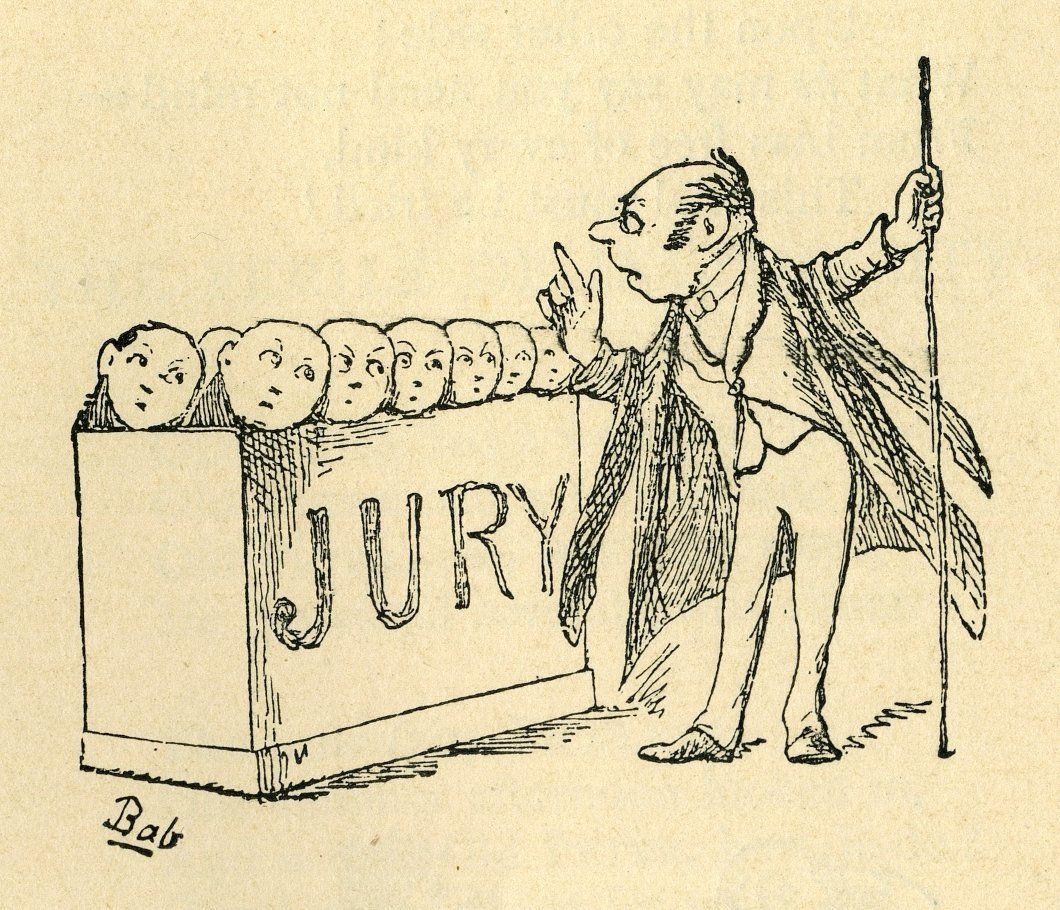How Does the Motor Carrier Act Affect Overtime Exemptions
Exemption of Truck Drivers from Overtime under the FLSA: Understanding the Motor Carrier Act
Truck drivers play a critical role in the transportation industry, ensuring the delivery of goods across the country. However, it's important to note that truck drivers may be exempt from the overtime provisions of the Fair Labor Standards Act (FLSA) due to the Motor Carrier Act.
Understanding the Motor Carrier Act Exemption
The Motor Carrier Act, a component of the Fair Labor Standards Act, outlines specific exemptions for truck drivers engaged in interstate commerce. This exemption recognizes the unique nature of the trucking industry, where drivers often spend long hours on the road, facing challenges such as irregular schedules and extended periods away from home.
Exemption Criteria
To be eligible for the exemption under the Motor Carrier Act, truck drivers must meet certain criteria:
- Engaged in Interstate Commerce: The exemption applies to drivers involved in the transportation of goods or passengers across state lines or those who support the transportation of goods in interstate commerce.
- Regularly Engaged in Safety-Sensitive Activities: Truck drivers who regularly perform safety-sensitive activities such as driving, loading and unloading, and vehicle maintenance are eligible for the exemption. The Motor Carrier Act overtime exemption does not apply to employees not engaged in “safety affecting activities,” such as dispatchers, office personnel, those who unload vehicles, or those who load, but are not responsible for the proper loading of the vehicle. Only drivers, drivers’ helpers, loaders who are responsible for proper loading, and mechanics working directly on motor vehicles that are to be used in transportation of passengers or property in interstate commerce can be exempt under the Motor Carrier Act.
Thus, not all truck drivers are exempt from the FLSA overtime requirements. Local drivers who operate solely within a single State, or employees who are not involved in safety-sensitive activities, are entitled to FLSA overtime protections.
Small Vehicle Exception
Notwithstanding the Motor Carrier Act exemption from overtime pay, the overtime provisions of the FLSA shall apply to an employee of a motor carrier or motor private carrier in any work week that:
1. The employee’s work, in whole or in part, is that of a driver, driver's helper, loader or mechanic affecting the safety of operation of motor vehicles weighing 10,000 pounds or less in transportation on public highways in interstate or foreign commerce, except vehicles:
(a) Designed or used to transport more than 8 passengers, including the driver, for compensation; or
(b) Designed or used to transport more than 15 passengers, including the driver, and not used to transport passengers for compensation; or
(c) Used in transporting hazardous material, requiring placarding under regulations prescribed by the Secretary of Transportation;
Seeking Legal Advice
It's important to understand the intricacies of the Motor Carrier Act exemption and its implications. If there are concerns or questions regarding employment rights, compensation, or working conditions, seeking legal advice from an attorney experienced in labor and employment law is crucial. An attorney can provide guidance, review employment contracts, collective bargaining agreements, and ensure compliance with applicable laws and regulations.










